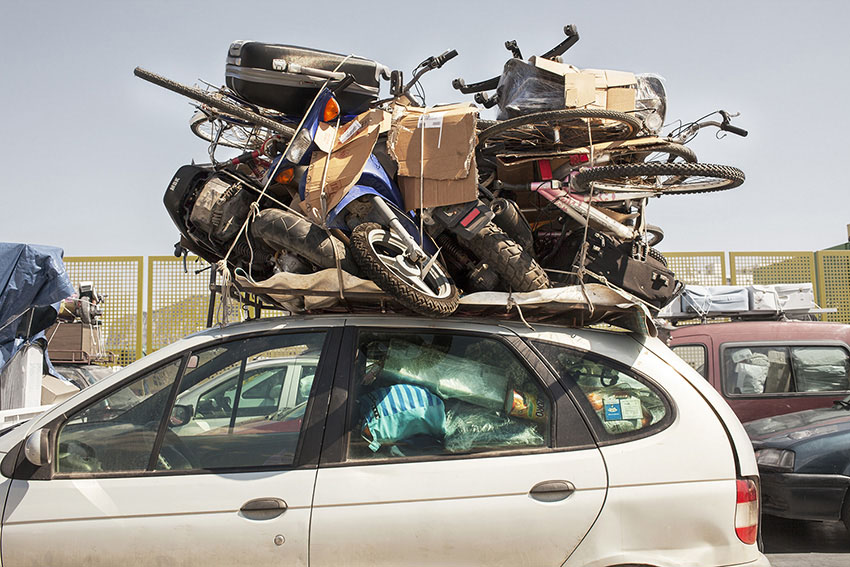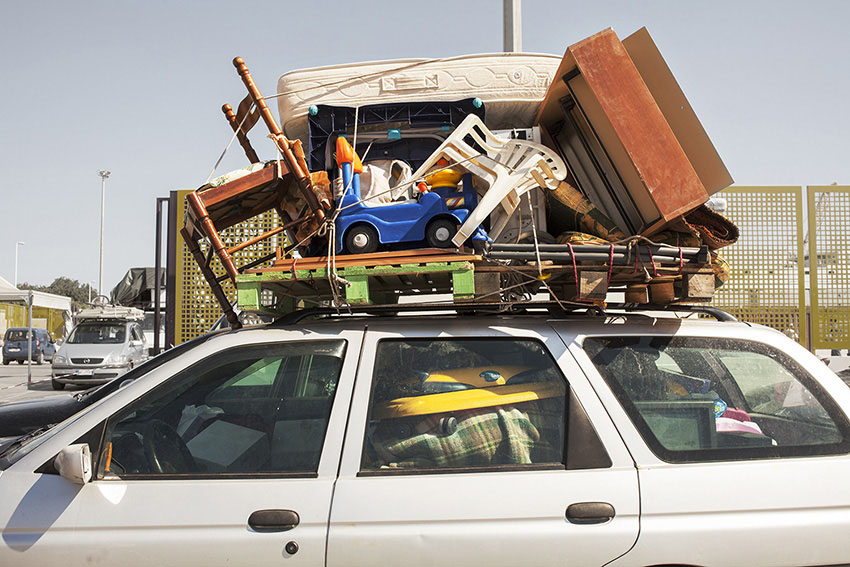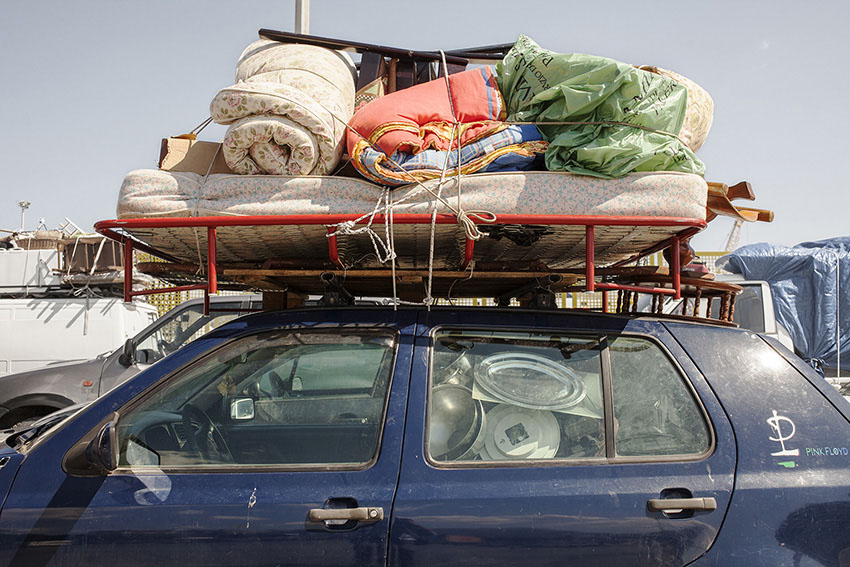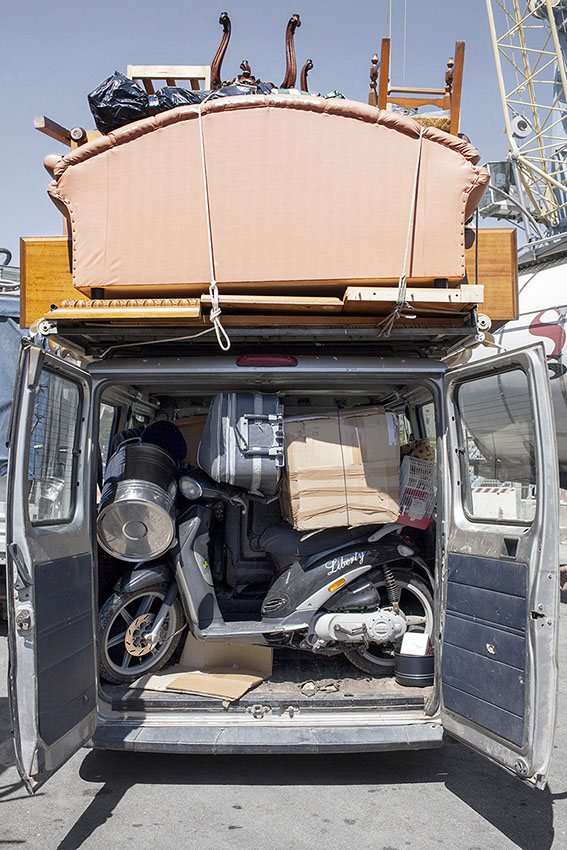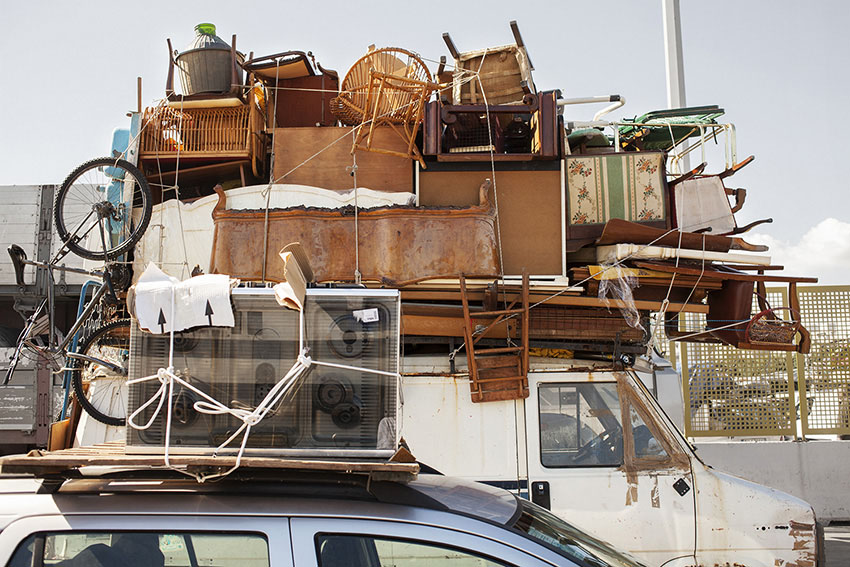I Giudei
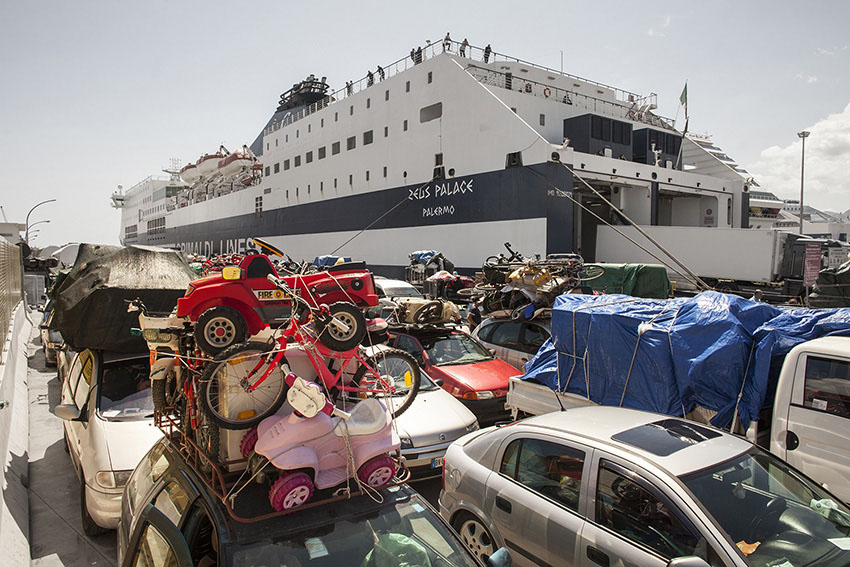
-
PhotographerEugenio Grosso
Since people started sailing in the ancient times, merchants across the Mediterranean Sea have given life to a rich trade with the other populations inhabiting the Mediterranean shores. For this reason, about three thousand years ago, Phoenicians merchants, coming from the region of present-day Lebanon, founded the city of Palermo (Italy). Their aim was to establish a port on the opposite bank of the sea to expand their trades. Panormus, the Latin name of the city, means “all port†while the North Star at that time was called the Phoenician Star. Nowadays, every Saturday from the port of Palermo a crowd of Tunisians immigrants gather to take a ferry to Tunis, thus following in the footsteps of their ancestors. Some of them are travelling home during holidays, while others are professional sellers who go back and forth every week. Anyway, all of them carry something to sell. Since the economic crisis hit Europe numerous of immigrants have lost their jobs. By reviving the old practice of sea trade, these people have created a new chance for business and an effective way to deal with the slump. As a consequence, the ties between the different cultures spread around the Mediterranean Sea are as much alive and strong as they were in the past, even in the face of the strict European immigration laws. Merchants and travellers meet each other like many did before them, contaminating the cultures they came from. For instance, some of the Tunisians living today in Sicily are commuters that regularly go back to their country. Because of these frequent exchanges, the distance between cultures and their carriers are growing shorter. In the era of globalisation, when huge cargos ship products from a corner of the world to another, these immigrants are modern safe-keepers of a much older custom. In their journeys by car, they carry all sorts of objects, as many as they can fit in the vehicle. Rusty bicycles, dusty scooters, mattresses, pieces of furniture and stoves are piled on the roofs of old cars and transported from port to port. As well as their products, these people bring along their traditions and knowledge, contributing to the ongoing creation of the Mediterranean culture.
